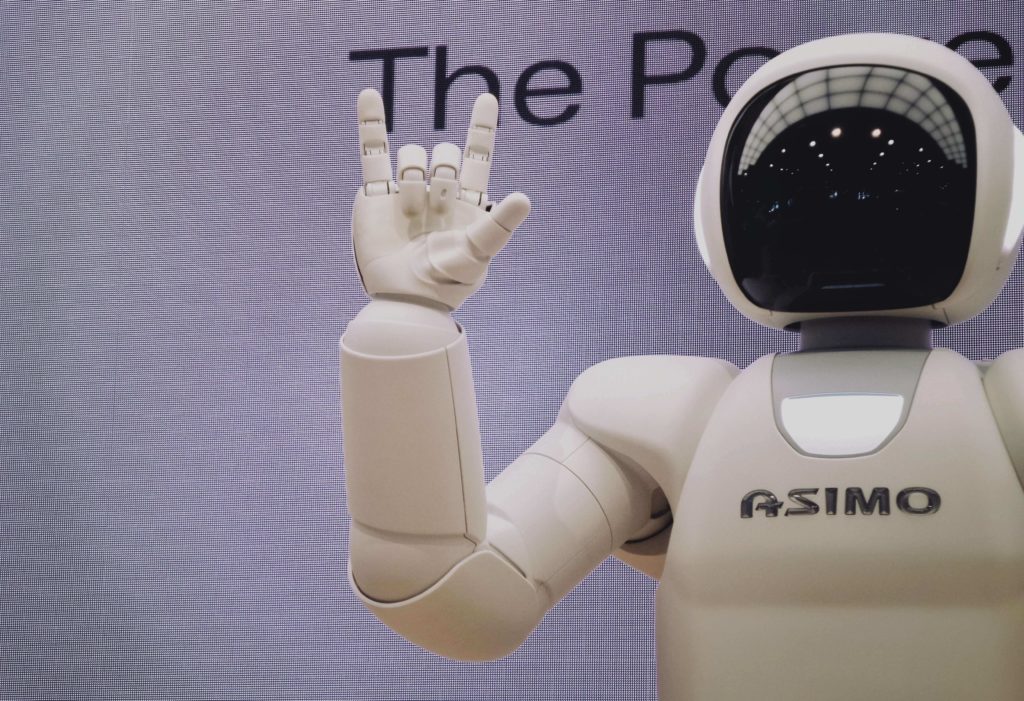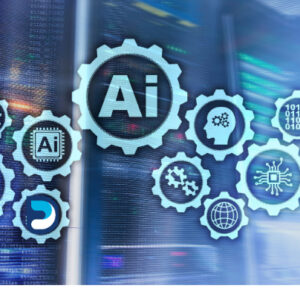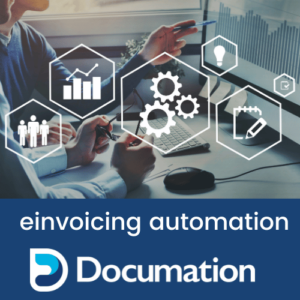Robotics, Ai and RPA all sound great – but what about me and my job?
Since earliest times people have been inventing machines which can replace human labour to perform tasks faster, more cost effectively and often with greater accuracy.
It started with the first Industrial revolution – steam and power, followed by the second – electricity and assembly lines, and then the third – the digital revolution with computers, the internet and advanced communication. We are now deep into the fourth industrial revolution; the evolution of technology with artificial intelligence, robotics, and the Internet of Things. This revolution is challenging our ideas of what it means to be human.
How does automation affect the industry?
The move towards automating our jobs, particularly in finance, with software robots, machine learning and RPA is both daunting and exciting. Many people are frightened that they will find their day to day tasks will be automated and fulfilled by robots. Whilst this is partly true, there will always be the cognitive, human element to all these jobs; in a recent survey 0% of the respondents said that they would allow 100% automation without human oversight.
Whilst robots can certainly lighten our load, and are infinitely better at the dull, boring, repetitive tasks, they cannot replace certain human elements.
Creativity plays a big part in every job role, be it through critical thinking, design, innovation of processes or just plain simple responsive communication and empathy. Humans crave this kind of connection and meaning, they are ‘built’ to connect through shared experiences and human interaction enriches lives.
Combining automation and human processes
The case for human interaction and involvement with automation is clear. Kate O’Neil, an expert in integrated experience strategy and human-centric digital transformation, has recently published a book called The Tech Humanist. She presents the case for why the future of humanity is in creating more meaningful, dimensional, and integrated experiences.
“The opportunity with Human Centric Digital Transformation is in empowering and enabling businesses to succeed with data and technology whilst also making it possible for humans to have a future full of more meaningful fulfilling experiences.”
In a recent online job advertisement for an AP Accounts Payable team member, the following personal qualities were required:
- Innovation – a desire to continuously improve systems and workflows
- Curiosity and passion – our team members ask probing questions, challenge the status quo, make changes to improve processes, and have fun while doing it
- Relationship builder – ability to cultivate strong cross functional relationships and communicate effectively with team members and business partners
- Adaptable – comfortable in an ambiguous, fast changing environment
- Systems savvy – comfortable learning and implementing new systems; advanced skills in Excel, Google Sheets, and other systems to analyse large data sets and automate manual tasks
- Project management – ability to lead impactful projects to streamline and automate the Accounts Payable process
- Understanding of accounting.
Out of these 8 qualities, how man can be completed by a robot? 2 or 3 at most – that’s less than half! Gone are the days of ‘attention to detail’ and a ‘typing speed of in excess of 50wpm’!!
How do AI and Accounts Payable Automation impact job roles?
The perfect candidate, according to this post, was someone that has a solid understanding of the P2P workflow, and an ability to partner with technical teams and build strong cross functional relationships, a deep curiosity and passion for automation and process improvement, and the ability to manage highly impactful projects. We need someone to analyse the invoicing and payments process/systems, identify efficiency opportunities, and lead projects to streamline and automate.
The emphasis on human interactions working alongside automation is clear throughout this role.
Automation has been implemented to take over the repetitive tasks in many large businesses but what about Ai and machine learning, robotics and RPA? These buzzwords are banded around like wildfire but what do they mean for the finance team?
AI technologies, including machine learning, is the next step within automation. Automation works brilliantly on a straight-through process, where there are no anomalies. But what if there are? Humans step in and solve the issues. With the implementation of machine learning to the automation process, any anomalies, and how they are dealt with by the ‘humans’, can be learnt and applied by the robots within the software.
What about the smaller parts of the process, opening emails, searching for files for instance; small tasks, that require repetition but on a front-end level. Welcome Robotic Process Automation (RPA)! Where the automation of large processes happens in the background, the software robots doing their jobs behind the scenes, RPA usually works on the surface. An RPA implementation can often be seen by the end-user working alongside them on their screen! RPA can work both with deeper process automation, or on its own and the complexity and interaction between the two can be built and layered up over a period of time.
AI, Robotics, and RPA, what to use and when?
This is the big question! The answer is really all of them. It’s like having a toolbag full of all the tools you need to solve the problem. It’s just a case of knowing which tool to use for which job. In the same way you would refer to an experienced carpenter to know when to use a chisel and when to use a saw, a solution provider will help you through this process and guide you through your journey to automation.
We pride ourselves at Documation on working in partnership with our customers using the right tools to solve their problems and progress the automation of their systems.
Get in touch to find out more!





